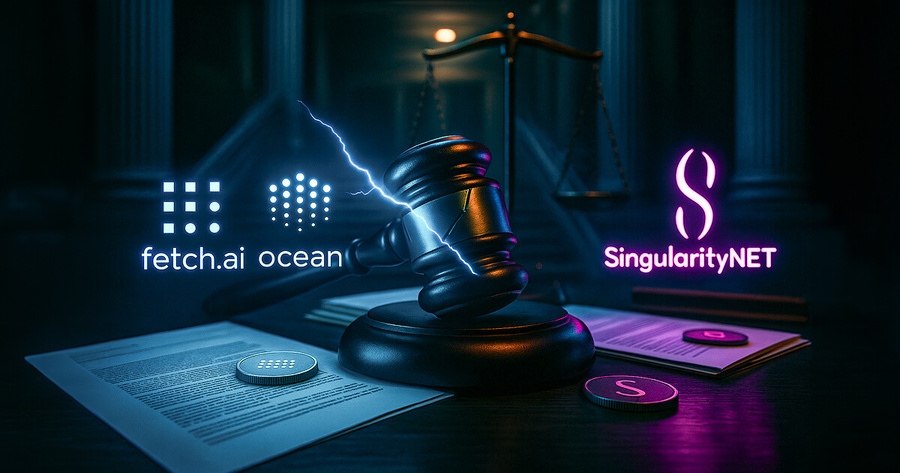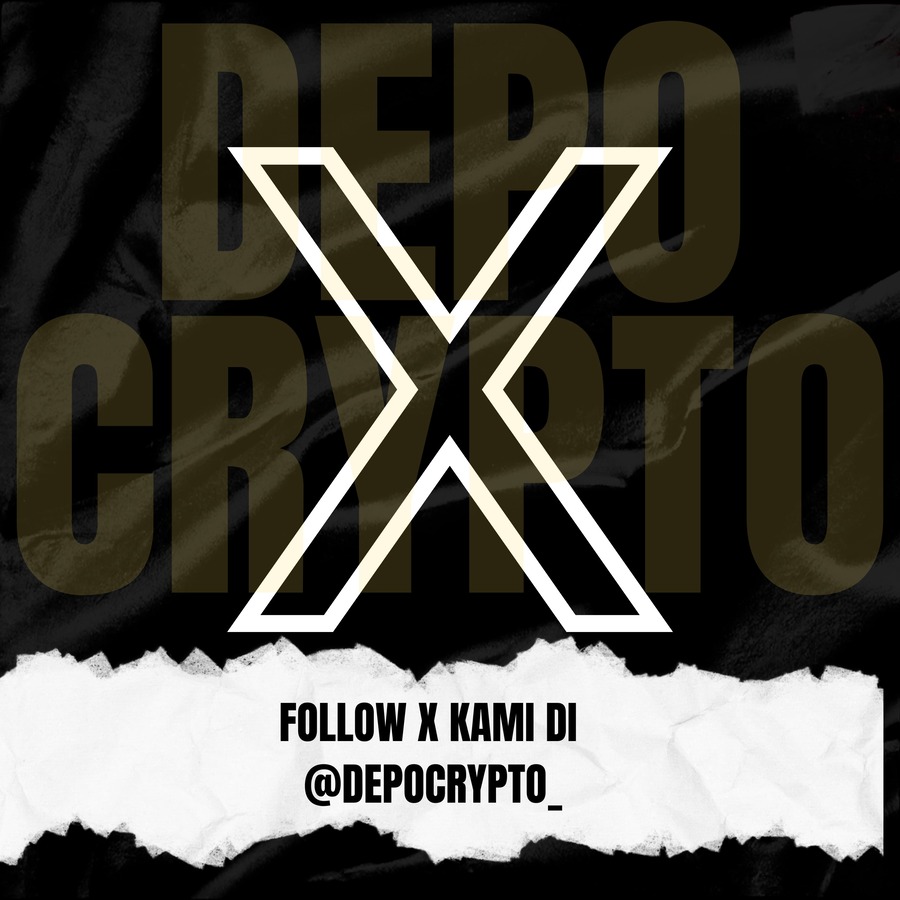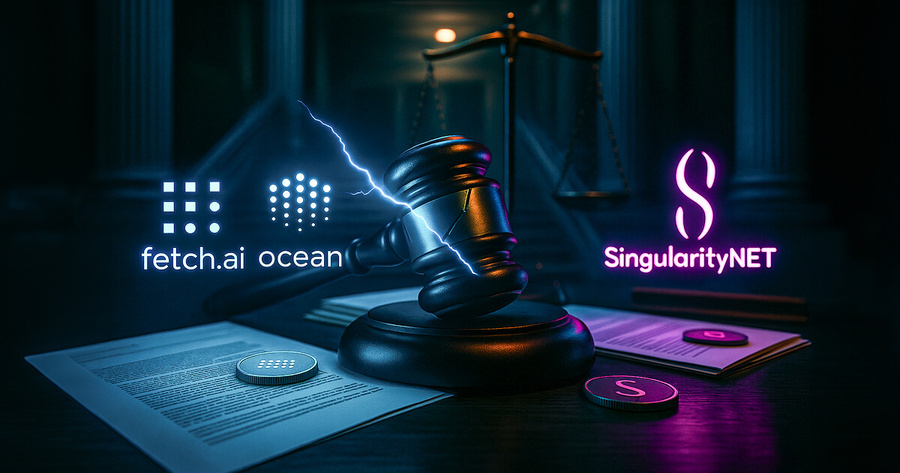Fetch.ai Sues Ocean Protocol Over AI Alliance Fallout
The Artificial Superintelligence Alliance (ASI) — once seen as a big step for crypto and AI collaboration — is now falling apart due to internal conflict and disputes over tokens and control.
The alliance was formed to unite Fetch.ai (FET), SingularityNET (AGIX), and Ocean Protocol (OCEAN) under one ecosystem to develop decentralized AI. However, what started as teamwork has turned into a public feud that’s now in court.
Why Fetch.ai Is Taking Ocean Protocol to Court
Fetch.ai and three token holders have filed a class action lawsuit in the Southern District of New York against Ocean Protocol and its founders.
They claim Ocean misled the community about how its DAO (decentralized autonomous organization) would operate and how community tokens would be used.
The lawsuit — Fetch Compute, Inc. et al. v. Bruce Pon et al., Case No. 1:25-cv-9210 — was filed on November 4, 2025.
It names Ocean Protocol Foundation Ltd., Ocean Expeditions Ltd., OceanDAO, and co-founders Bruce Pon, Trent McConaghy, and Christina Pon as defendants.
The Core Accusation
Fetch alleges that Ocean:
- Promised that hundreds of millions of OCEAN tokens were reserved for DAO rewards and community use.
- Later converted and sold those tokens after joining the ASI Alliance.
- This action allegedly hurt the value of FET tokens and violated the DAO’s governance rules.
About 700 million OCEAN tokens are at the center of the dispute.
According to Fetch, these tokens were supposed to be automatically distributed to contributors through smart contracts — but Ocean later reclassified and took control of them.
The filing says that Ocean:
- Moved DAO assets to a Cayman Islands company (Ocean Expeditions) in June 2025,
- Converted OCEAN to FET in July,
- Sold large amounts of FET on exchanges,
- And then left the ASI Alliance in October.
Statements from Both Sides
Fetch’s lawyer, Ed Dartley from K&L Gates, said Ocean “misled the token community” and that its founders “made millions that should have gone to the community.”
Ocean Protocol, through its lawyer Preston Byrne, called it “a strange lawsuit made for social media” and promised to fight it in court.
Ben Goertzel, CEO of SingularityNET and co-founder of the ASI Alliance, said he was disappointed by Ocean’s actions but emphasized that the alliance is “still moving forward toward decentralized AGI and superintelligence.”
Legal and Market Implications
The lawsuit accuses Ocean of:
- Fraud and conspiracy
- Breach of contract
- Violating New York business laws
Fetch is asking for damages and the return of community assets (rescission and disgorgement).
The case raises big questions about DAO transparency — especially whether “decentralized” projects are truly run by communities or still controlled by a few key people.
The plaintiffs argue that Ocean’s sale of community tokens:
- Flooded the market with FET,
- Lowered its price, and
- Destroyed trust in the ASI Alliance.
The filing claims that over 661 million OCEAN were converted into 286 million FET, and about 263 million FET were sold — around 10% of the total supply.
Why This Matters
This case could become an important legal test for DAO accountability — especially when “community” funds are moved or sold without token holder approval.
Regulators have already been watching DAOs that look decentralized but are actually run by a small group using multisig wallets or foundation control.
The court will now decide whether this was simply a business disagreement or a breach of trust in decentralized governance.
Next steps include Ocean’s official response, possible motions to dismiss, and any court orders related to the disputed tokens.
Bottom Line
The Fetch vs. Ocean Protocol lawsuit isn’t just about money — it’s about trust in decentralized systems.
If the court sides with Fetch, it could redefine how DAOs handle community funds and how “decentralized” projects are legally viewed in the crypto world.















































